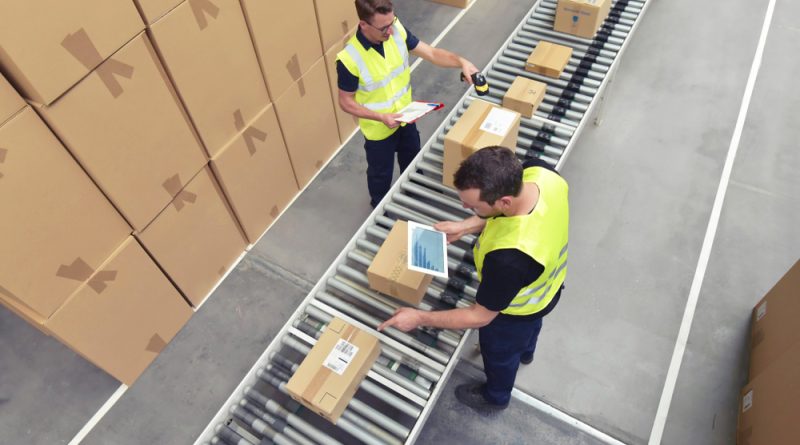Top 5 logistics automation systems
Logistics automation systems have become increasingly important in recent years as businesses seek to optimize their supply chain management and increase operational efficiency. These systems use technology such as artificial intelligence, robotics, and software to streamline processes and reduce costs. In this article, we will discuss the top five that businesses should consider implementing.
Warehouse Management System (WMS)
A Warehouse Management System (WMS) is a software application that manages warehouse operations, such as inventory management, picking and packing, and shipping. It is an essential tool for managing logistics, and can significantly improve accuracy, reduce costs, and increase productivity. With WMS, businesses can automate and optimize inventory management, reduce errors, and track products throughout the supply chain.
Transportation Management System (TMS)
Manage the transportation of goods from one location to another with a Transportation Management System (TMS). TMS helps businesses optimize their transportation operations, reduce costs, and improve customer satisfaction. With TMS, businesses can automate the entire transportation process, from planning to execution, and can track shipments in real-time.
Robotics Process Automation (RPA)
Robotics Process Automation (RPA) is a technology that uses software robots to automate repetitive tasks, such as data entry, order processing, and inventory management. RPA can help businesses reduce costs, increase efficiency, and improve accuracy. With RPA, businesses can automate routine tasks, and free up employees to focus on higher-value activities.
Internet of Things (IoT)
The Internet of Things (IoT) describes the network of physical objects that are embedded with sensors, software, and other technologies for the purpose of connecting and exchanging data with other devices and systems over the internet. In logistics, IoT can be used to track shipments, monitor inventory levels, and optimize transportation routes.
Artificial Intelligence (AI)
Artificial Intelligence (AI) is the technology that enables computers to learn from data and make decisions without human intervention. In logistics, AI can be used to optimize transportation routes, predict demand, and automate supply chain processes.
The adoption of logistics automation systems has become imperative for businesses seeking to stay competitive in today’s fast-paced market. The above are just a few examples of the cutting-edge technologies revolutionizing supply chain management. By leveraging these systems, businesses can streamline processes, reduce costs, and enhance overall operational efficiency, ultimately driving growth and success in the increasingly complex logistics landscape.
